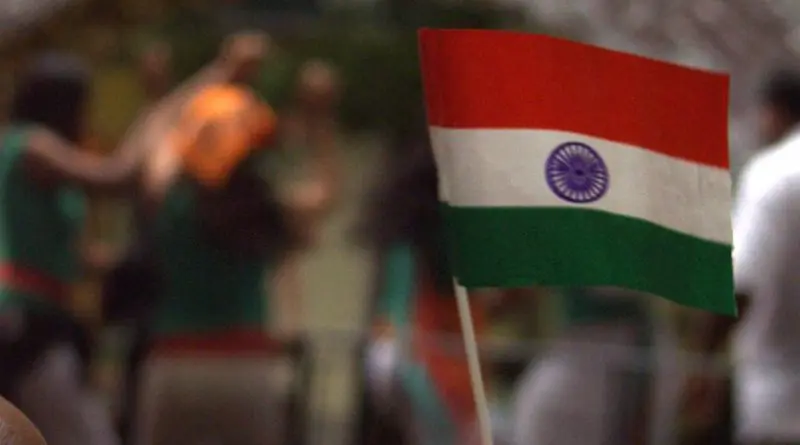Crackdown On NGOs: Is India Emulating China? – OpEd
By Namrata Hasija*
Post the reform era that began in 1978, the NGO sector in China has mushroomed greatly. According to the official statistics of the Ministry of Civil Society, the number of NGOs rose from the 6000 mark before 1978, to 186,000 in 2006. In China, NGOs are officially called ‘popular organisations’. They are clubbed into two broad categories i.e. officially organised (she huituanti) and popular NGOs (min ban feiqiyedanwei). The first category is initiated and operated by the Chinese government. Many foreign NGOs also operate in China. The popular NGOs and foreign NGOs now face many hurdles and restrictions in their operation.
The grip has been further tightened under President Xi Jinping under the camouflage of tightening national security. Foreign NGOs will need the approval of their government go-betweens before they can apply for registration with provincial public security departments which the NGOs felt would lead to closing down of many existing NGO’s and difficulty in opening new ones especially those which do not follow the government’s ideology.
As a follow up on tightening the grip over foreign NGOs came the new law, Overseas NGO Law, effective from January 1, 2017. Under this foreign NGOs, or NPOs (Non Profit Organisations) as these are called, will have to meet very stringent registration and reporting guidelines. Organisations feel that this law will bring the foreign NPOs and their operations under the jurisdiction of the Chinese Ministry of Public Security. This will further lead to an over-politicisation of the civil society sector in China. Chinese officials seem to consider foreign NPOs and their Chinese partners as potentially undermining the authority of the Chinese Communist Party. The fear that this new law will be targeting NPOs working in the field of human rights, migrant labour, civil rights and other sensitive issues.
A similar crackdown was done in India last year on NGOs receiving funds from foreign sources or run by foreign entities. Licences of around 20,000 of 33,000 NGOs have been cancelled by the government after they were found to be allegedly violating various provisions of the Foreign Contributions’ Regulation Act (FCRA), thus barring them from receiving foreign funds. Two major NGOs who felt the heat were former Additional Solicitor General (ASG) Indira Jaising’s NGO, Lawyers Collective (LC) and Greenpeace. The government accused both of misusing funds and particularly accused Greenpeace of working against India’s economic prosperity. The Indian government was accused of targeting certain NGOs that opposed the nuclear and coal power plants in India. This action was declared as an attempt to silence such protests.
Can one see a pattern in both the countries? In India, being a democracy, voices were raised against this action unlike in China, a totalitarian state. Are the two Asian leaders trying to silence any voice opposing their decisions or are these attempts really to fight corruption as claimed by them? One can also observe that both are trying to develop a ‘personality cult’ and portraying their leaders as crusaders against corruption. The question remains are both the leaders drawing inspiration from each other, even though diplomatically the two countries are currently having relations that can be best described as tepid?
*Namrata Hasija is Research Associate, SPS and Doctoral Candidate, Department of East Asian Studies, University of Delhi. She can be contacted at [email protected]

